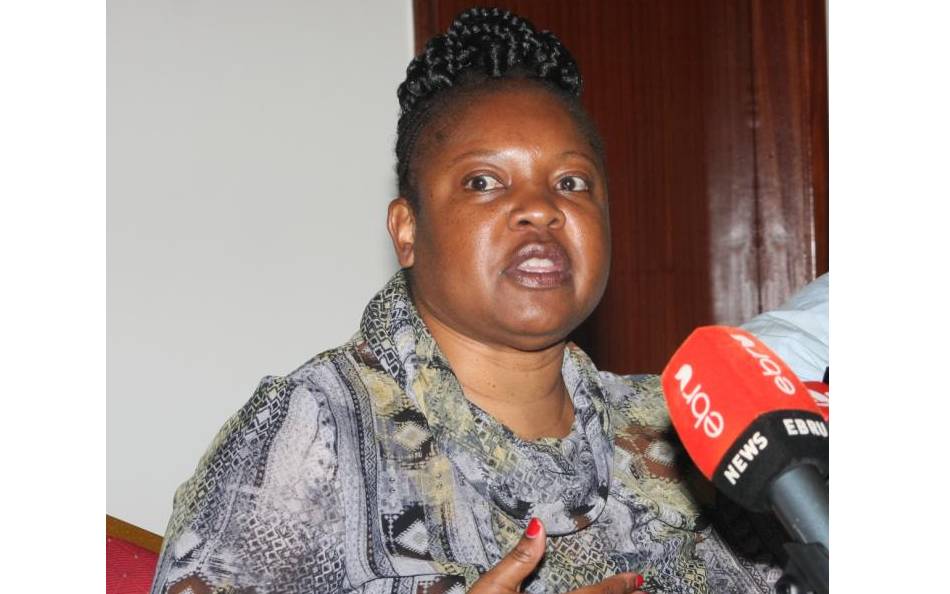×
The Standard e-Paper
Join Thousands Daily

Attorney-General Kihara Kariuki is in the eye of a storm after suggesting dissolving parliament would alter President Uhuru Kenyatta's term of office by handing him a fresh mandate.
Chief Justice David Maraga wrote to President Kenyatta urging him to dissolve parliament and consequently send MPs home after they failed to pass a law on two-thirds gender rule.